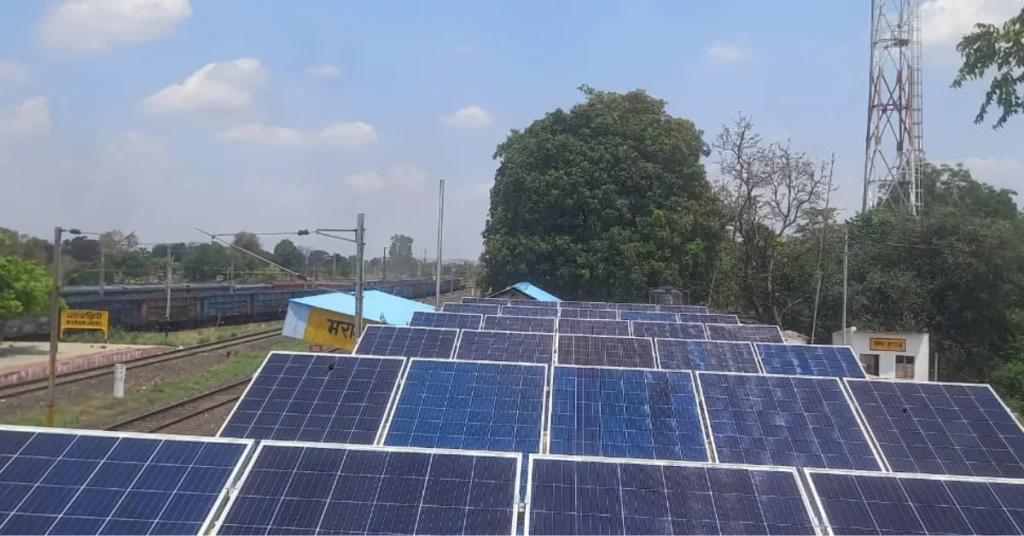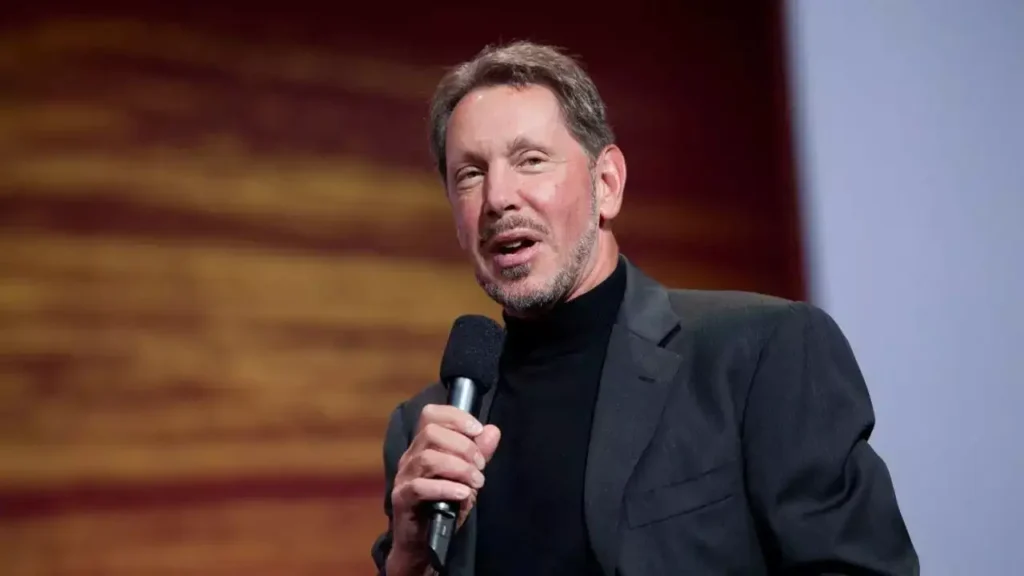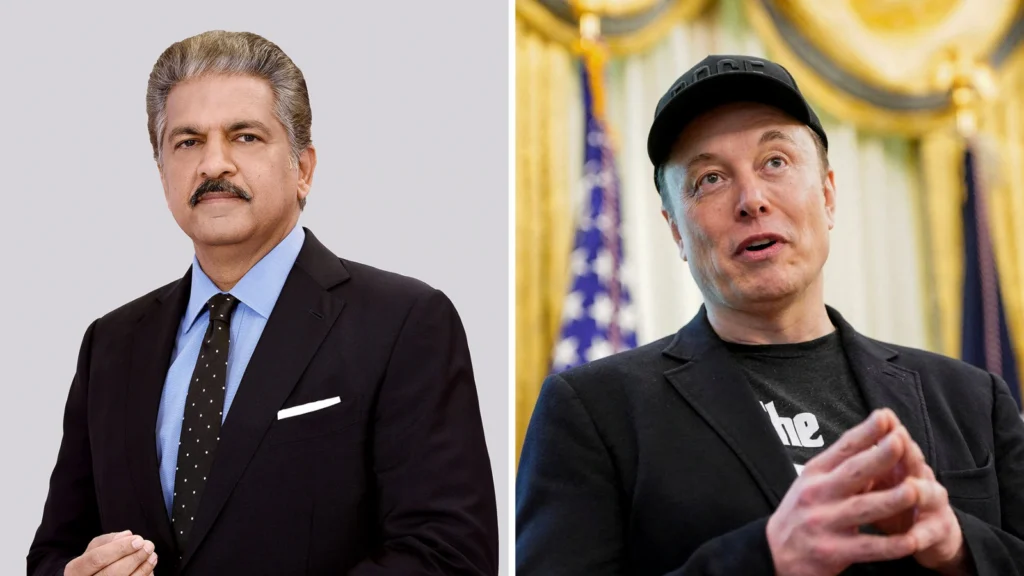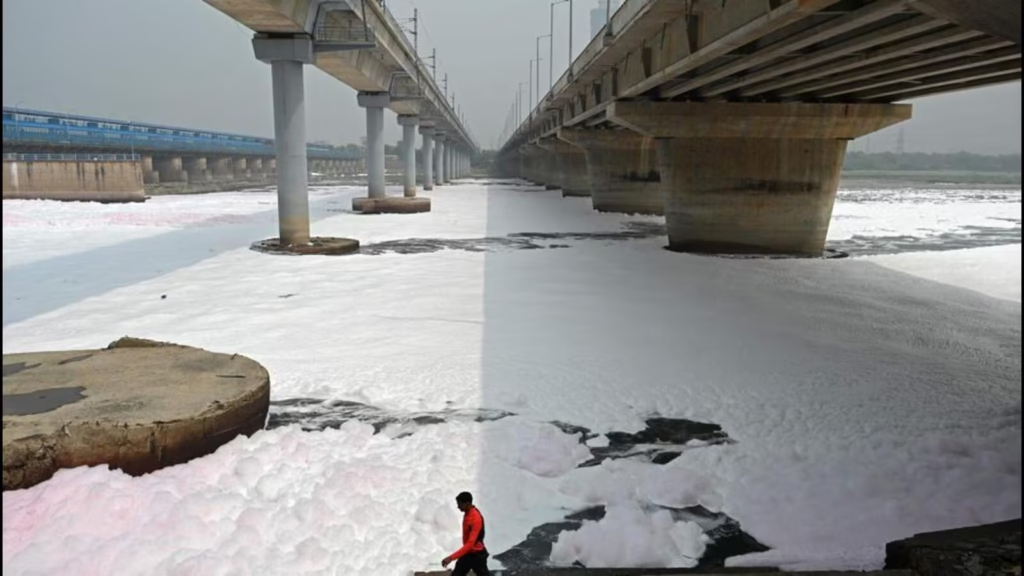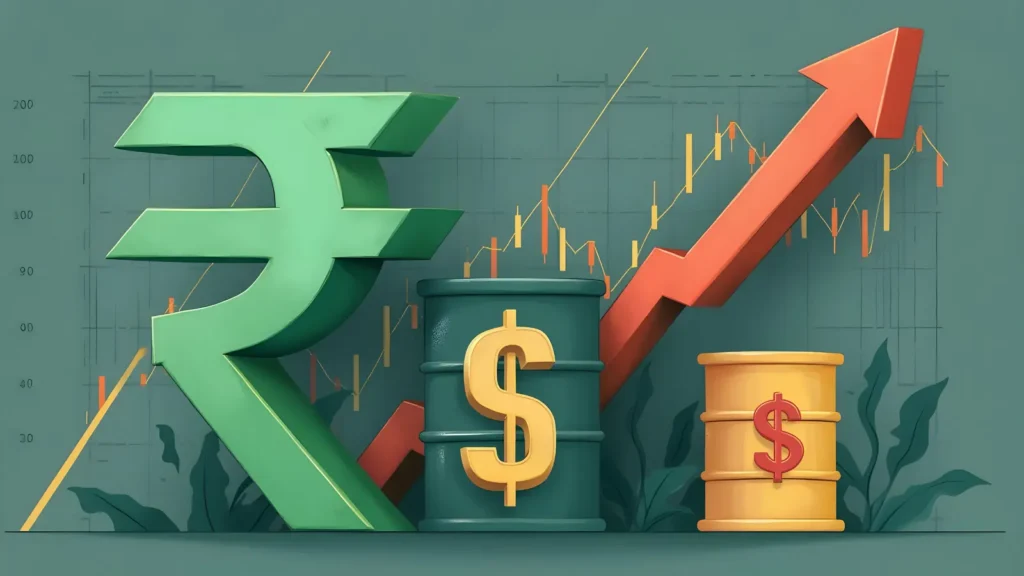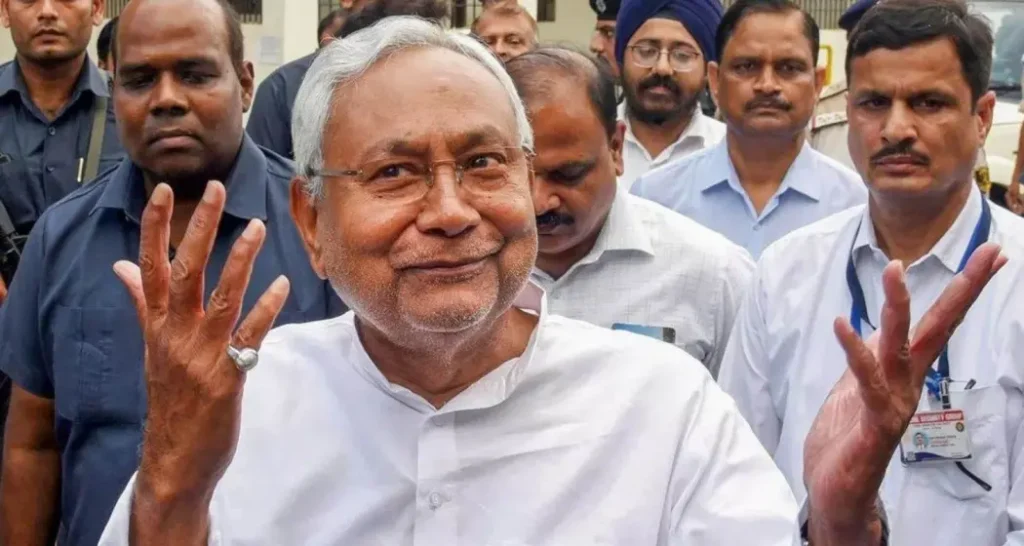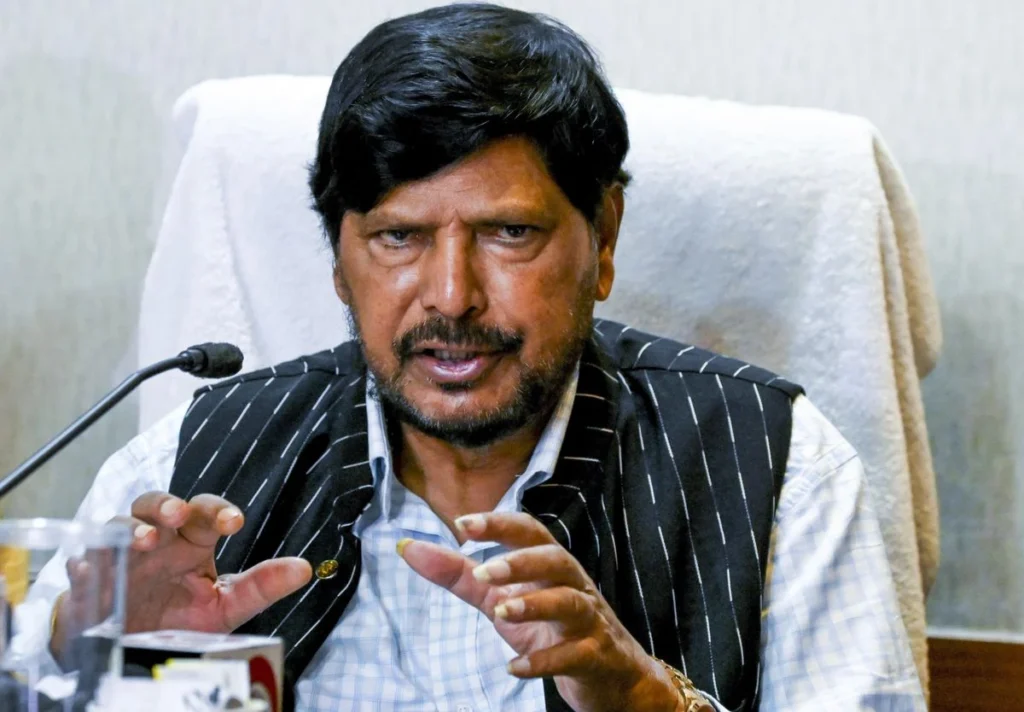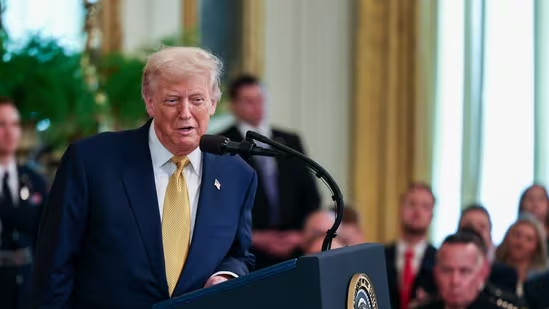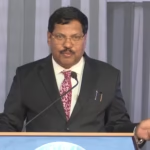Now Reading: Trump Vows Weapons for Ukraine Under NATO Deal, Warns Russia of Tariffs if War Continues
-
01
Trump Vows Weapons for Ukraine Under NATO Deal, Warns Russia of Tariffs if War Continues
Trump Vows Weapons for Ukraine Under NATO Deal, Warns Russia of Tariffs if War Continues

Former US President Donald Trump has made headlines again, stating that the US will send weapons to Ukraine through a new NATO framework if he returns to power. At the same time, he warned Russia of heavy economic tariffs if the war isn’t resolved quickly. His comments have sparked global debate and raised questions about the future of US foreign policy and the Russia-Ukraine conflict.
Trump’s Position on Ukraine
While Trump has often been critical of US involvement in foreign wars, his latest remarks suggest a shift in strategy. He said he supports helping Ukraine, but only under a NATO-managed deal. According to him, such an approach would reduce America’s direct burden while keeping pressure on Russia.
Tariff Warning to Russia
Trump added that if Russia fails to agree to a resolution, he would impose steep tariffs that could hurt its economy significantly. This comes as a part of his broader “economic pressure over military intervention” philosophy, which he promoted during his presidency.
Why This Matters Globally
The statement comes at a time when the Russia-Ukraine war is far from over, with peace talks at a standstill. Trump’s possible return to power in 2025 is being closely watched, and his foreign policy stance could reshape NATO’s role and the West’s support for Ukraine.
India’s Interest in This Development
For India, this matters both diplomatically and economically. As a country balancing relations with both Russia and the West, shifts in US policy can affect trade, defence cooperation, and global commodity prices. Tier 2 cities in India are already feeling the ripple effects of international instability, especially through fuel prices and inflation.
Reactions Across the Board
While some US allies welcomed Trump’s suggestion of a NATO-led approach, others remain skeptical of his unpredictable foreign policy track record. Meanwhile, Russia has yet to formally respond to the tariff threat but is expected to push back diplomatically.
Conclusion
Trump’s remarks underline the uncertainty around future global leadership and the direction of ongoing conflicts. Whether these promises will translate into policy remains to be seen, but the implications will be felt far beyond Washington and Moscow—including in countries like India that are watching the global chessboard closely.
